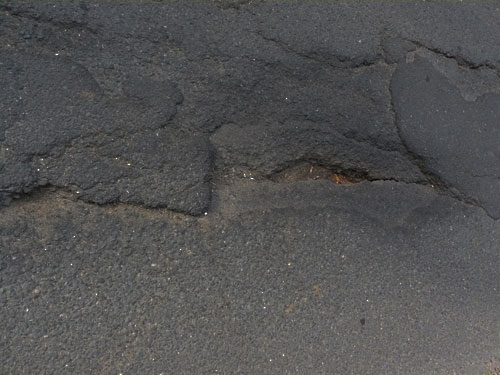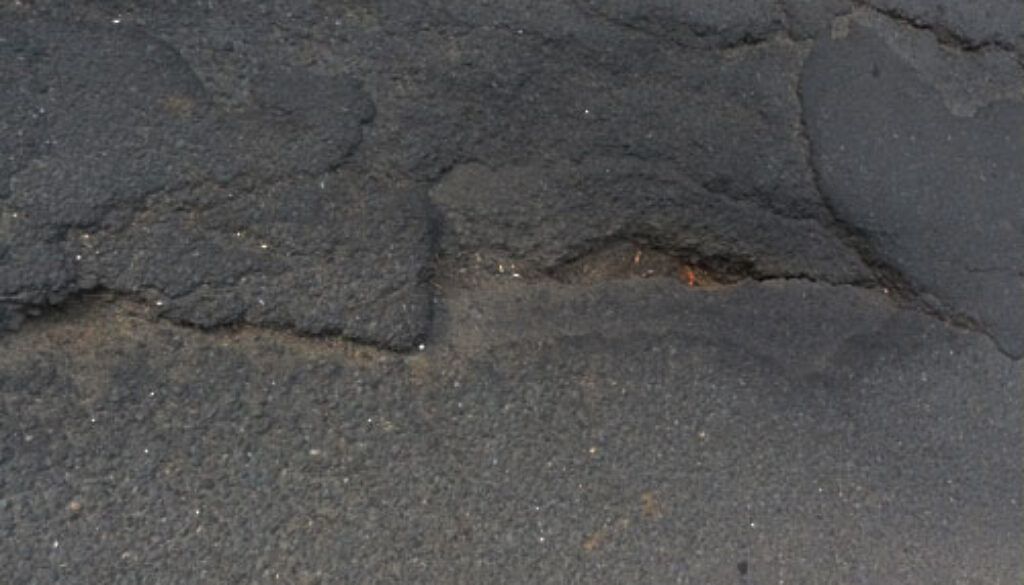Potholes and Sensitivity Training in Amherst

Anyone who rides through Amherst on a bicycle knows the town’s streets are by far the worst and most perilous in the county, if not the entire region. This is because, for the third year in a row, the town has deferred its pothole repair program, except on streets used daily by members of the Board of Selectpersons.
In Amherst, as cyclist well know, the potholes have potholes, and they’re devilishly clustered on the right side of the road, where cyclists have to ride to stay out of the way of motorized vehicles. In places where children ride their bikes to school, there are treacherous crevices five to six inches deep, capable of seizing a child’s bike tire and hurling the child into the path of oncoming traffic.
Ed Amethyst, spokesperson for the Board of Selectpersons, said the Board was aware of the pressing need for pothole repair, but he said the town is under tremendous financial pressure, especially in light of it’s special responsibilities.
“Amherst is not like Pelham, or Belchertown, or Hadley, or places like that,” he said. “For one thing, the town has had to fund the School Committee’s War on Excellence. The war is going well. The Board was able to close the top performing elementary school in the state, and two others which we kept open have achieved ‘failed school” rankings from the Department of Education. But wars are expensive and something has to give.”
Amethyst said additional burdens on the school side of the budget have lead to difficult choices on the town side. He said the pothole repair program was sacrificed to add positions to the town’s critically understaffed Sensitivity Training Program. He said with just 37 full-time trainers to service a population of approximately 38,000 people, the staff was simply overwhelmed.
“The Board of Selectpersons felt they had no choice but to fund additional positions for the Sensitivity Training Program,” he said. “especially since several of the trainers had been working for weeks at a time without administrative assistants!”

As Valley residents know, most Amherst citizens consider are capable sensitivity trainers in their own right. Why, Amethyst was asked, couldn’t the town use volunteers to fulfill this function?
“People in need of professional help need just that — professional help,” he said. “Besides, what would be the point of all these degrees we confer on one another?” Amethyst suggested that Amherst’s citizen volunteers could act as sensitivity trainers for residents in other Pioneer Valley Towns, as they have done for centuries.
Amethyst agreed that neglect of the roadways might lead to the death of a cyclist in the near future, and he said the Board was deeply sensitive about this issue when they made their decision.
“As soon as a cyclist is killed, particularly a child,” he said, “There will be a chorus of handwringing and mea culping the likes of which you’ve never seen. We might all resign. And you can be assured that grief counselors will be available to console the family and friends of the victim. But in the meantime, sensitivity training has to be our first priority.”
